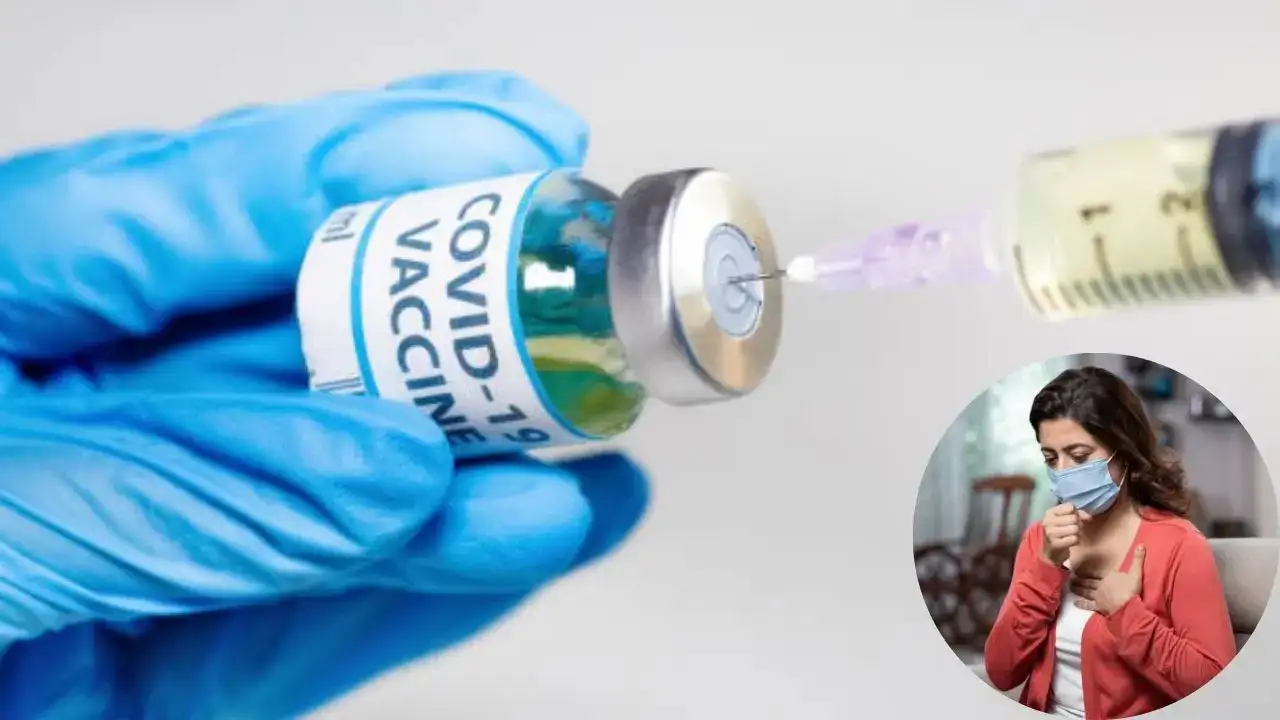
According to doctors, the current vaccines are good for previous strains, but not as much for the JN.1
In India, there has been a noticeable surge in cases of COVID-19 infection, especially in states like Kerala, Maharashtra, Gujarat, and Tamil Nadu. However, most have been mild—with no visible signs of increased severity or death rates. According to experts, the current increase in cases has been linked to the emergence of the JN.1 subvariant—part of the Omicron lineage.
Doctors say the JN.1 variant, which belongs to the Omicron family, carries around 30 genetic alterations in the spike protein - the same one it relies on to enter human cells. These can help evade immune responses, allowing quick transmission. However, there is still no evidence of increased severity.
Is vaccine immunity wearing off?
COVID-19 vaccine immunity does appear to wane over time. Even though initial protection against severe illness and death is high, it generally declines after the first few months. According to health experts, it is better to get boosters to maintain protection.
According to experts, immunity from previous vaccines wears off over time, activating exposure to Omicron immune responses. Memory B and T cells developed after vaccinations or previous infections continue to offer immunity, though. These minimise disease impact even with newer variants. According to Nebraska Medicine, for all COVID-19 vaccines, the approved vaccines use the spike protein - located on the outside of a coronavirus SARS-CoV-2 enters human cells. Its location on the outside of the virus makes it so the immune system can recognise it easily.
The spike protein is unique to SARS-CoV-2—it doesn't look like other proteins your body makes. So, antibodies created against the spike protein won't harm your body; they only target the coronavirus. Most of the vaccines work by introducing mRNA, or messenger RNA, into your muscle cells, which make copies of the spike protein, and the mRNA is quickly degraded within a few days. The cell breaks the mRNA up into small, harmless pieces. mRNA is very fragile, and that is why vaccines have to be carefully preserved at very low temperatures.
Signs and symptoms of JN.1 coronavirus variant
A few signs and symptoms of the new COVID-19 variant include
- Cough
- Fever
- Sore throat
- Nausea
- Conjunctivitis
According to experts, isolation, rest, and hydration are helpful for patients. Antiviral medication also can be prescribed in a few cases. Experts say that kidney disease, diabetes, and HIV/AIDS can increase the odds of contracting the infection. Young children and pregnant women are also more prone to the infection.
Should you take another vaccination dose?
According to doctors, the current vaccines are good for previous strains, but not as much for the JN.1. And so, as a precautionary measure, you must wear masks, maintain distance in public places, wash your hands, and use a sanitiser to stay safe and protected.
